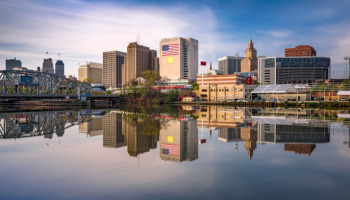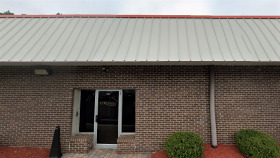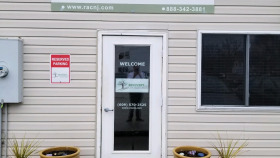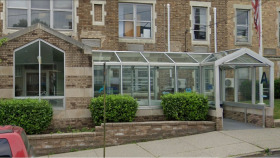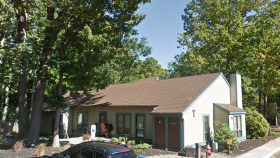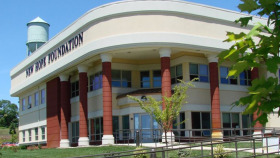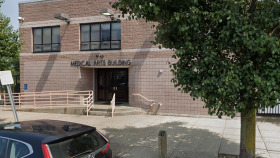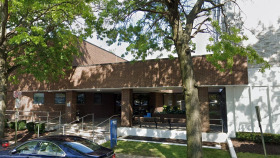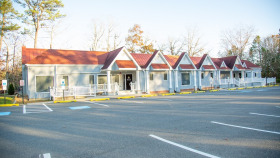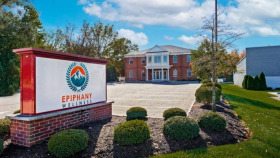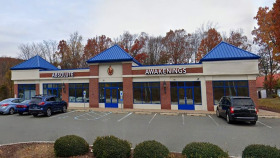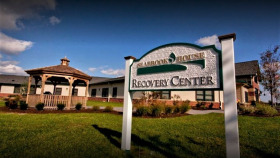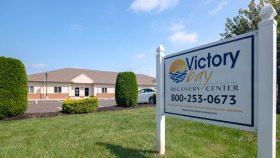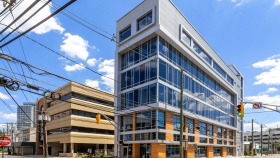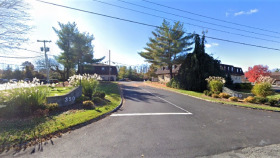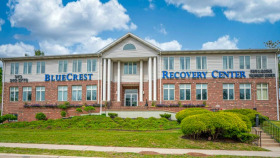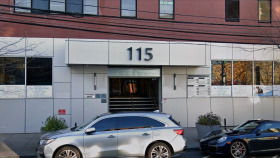Expert Insights
Fentanyl’s impact on New Jersey residents’ well-being has been devastating. As a mental health professional counseling youth, I’m familiar with the tragedies of young lives cut short after purchasing a party drug on social media that, unbeknownst to them, was laced with fentanyl.
The New Jersey Department of Health states that 2,210 families in New Jersey lost a member to fentanyl in 2023. Many didn’t know they were taking it and others miscalculated the drug’s potency and never woke up after consuming it.
We have increased harm reduction centers statewide, and police are closing down on fentanyl dealers. However, the ease of purchasing it, combined with the fact that 21.7% of residents who need mental health counseling aren’t accessing it according to KFF and US census data, means we still have work to do.
~ Serg Valencia, MD, MS
How Much Does Drug Rehab Cost in New Jersey?
New Jersey is ranked 15th nationwide in terms of addiction treatment affordability, with an average cost of drug and alcohol rehab of $56,570 (without insurance).
- Medical detox is the most expensive, with an average cost of $139,466
- Long-term inpatient drug rehab in New Jersey costs an average of $49,919
- Outpatient addiction treatment in New Jersey costs an average of $8,295
- Outpatient methadone treatment is the most affordable, with an average cost of $7,370
The cost of a rehab program in New Jersey can vary widely, depending on many factors – one of those main factors being the level of care provided.
Inpatient treatment is typically more expensive than outpatient treatment, as it includes lodging and meals for the duration of treatment. Inpatient programs may also offer additional amenities, which can increase the cost of treatment. Inpatient treatment may range from $2,000 to $25,000 for a 30-day stay.
The lower cost of outpatient care may account for the popularity of these less-intensive, but still proven programs. Because patients continue to live at home during outpatient treatment, meals and lodging are not a cost factor.
Some outpatient programs, including those that are state-funded, offer low-cost treatment. Others may cost up to $10,000, depending on the length of treatment and the specific services provided.
How to Pay for Drug Rehab in New Jersey
As of 2024, there were over 410 drug rehab facilities across the state of New Jersey. These facilities accept several payment methods. Of those treatment facilities, the following numbers reflect how many accept their respective payment methods:
Private Pay + Insurance
You have options to pay for treatment in New Jersey. Many rehab centers will accept health insurance, and some will allow you to self pay. Each insurance is different in regards to the specific types of drug and alcohol care that it will cover. It’s important to talk with your insurance provider to understand in and out of network benefits and coverage.
Here are some of the following major private insurance carriers in New Jersey:
- United Healthcare
- AmeriHealth
- Horizon Blue Cross Blue Shield of New Jersey
- Aetna
Medicaid and Medicare
Due to the expansions made under the Affordable Care Act, if you or a loved one are struggling with addiction, you may have new access to services for treatment or recovery support. If you have Medicaid or Medicare, some or most of your rehab treatment may be covered, depending on your exact plan. This can include detox, in-patient rehab, and outpatient services.
Military Insurance
If you are a veteran, or have military insurance such as TRICARE, substance use treatment can be covered. TRICARE covers a variety of services such as inpatient care, medication assisted treatment, outpatient services, partial hospitalization programs, and residential care. Each Veterans Administration (VA) in the state of New Jersey has its own resources to ensure you get the help you need. Contact them for further assistance regarding their specific modalities and programs to start the process of getting admitted for treatment.
Tribal Funding/Programs
The purpose of SAMHSA’s Tribal Opioid Response Grant (TOR) is to address the opioid crisis in Tribal communities. TOR has helped to address the lack of access to treatment and has increased access to culturally appropriate and evidence-based treatment, including medication for the treatment of opioid use disorder. These programs help fund traditional treatment practices combined with cultural practices. This can include sweat lodges, drum circles, and pow wow camps.
Other Low-Cost Options
Each drug rehab is different, often depending on the amenities and luxury settings featured. Other low-cost options can vary between each center. Some programs may offer financial aid such as scholarships to help pay for treatment. Other rehab centers may offer a sliding payment scale based on income. It’s important to talk with your provider to see what options they offer when it comes to paying for or accessing treatment.
Free Rehabs in New Jersey
New Jersey has some rehab centers that are funded by the state, which means they’re essentially free.
These programs are designed for individuals who don’t have insurance or have a low socio-econominc status, but need help for their substance use issues. State funded rehab facilities in New Jersey help you find the right treatment so you aren’t attempting unsafe at-home detox practices or quitting cold turkey.
These state-funded programs offer the same programs that private ones do; however, they also provide you with aftercare once you complete the inpatient portion of the program.
You can use the Substance Abuse and Mental Health Services Administration’s (SAMHSA) Directory of Single State Agencies for Substance Use Services website or other rehab directories to find local resources that will connect you to finding affordable drug and alcohol rehab options in the state of New Jersey.
Resources
- Department of Human Services. (2019). Substance Abuse Overview 2019.
- U.S. Department of Health and Human Services. (2020). New Jersey: Opioid-Involved Deaths and Related Harms.
- Substance Abuse and Mental Health Services Administration. (2021). Results from the 2020 National Survey on Drug Use and Health.
- Substance Abuse and Mental Health Services Administration. (2022). The Case for Screening and Treatment of Co-Occurring Disorders.
- Department of Health. (n.d.). NJSHAD – Substance use. https://www-doh.nj.gov/doh-shad/topic/SubstanceUse.html
- Stainton, L. H. (2024, March 8). NJ drug deaths appear on decline, but ‘still staggeringly high.’ NJ Spotlight News. https://www.njspotlightnews.org/2024/03/nj-data-suggests-drug-deaths-declined-2023-but-still-staggeringly-high/



